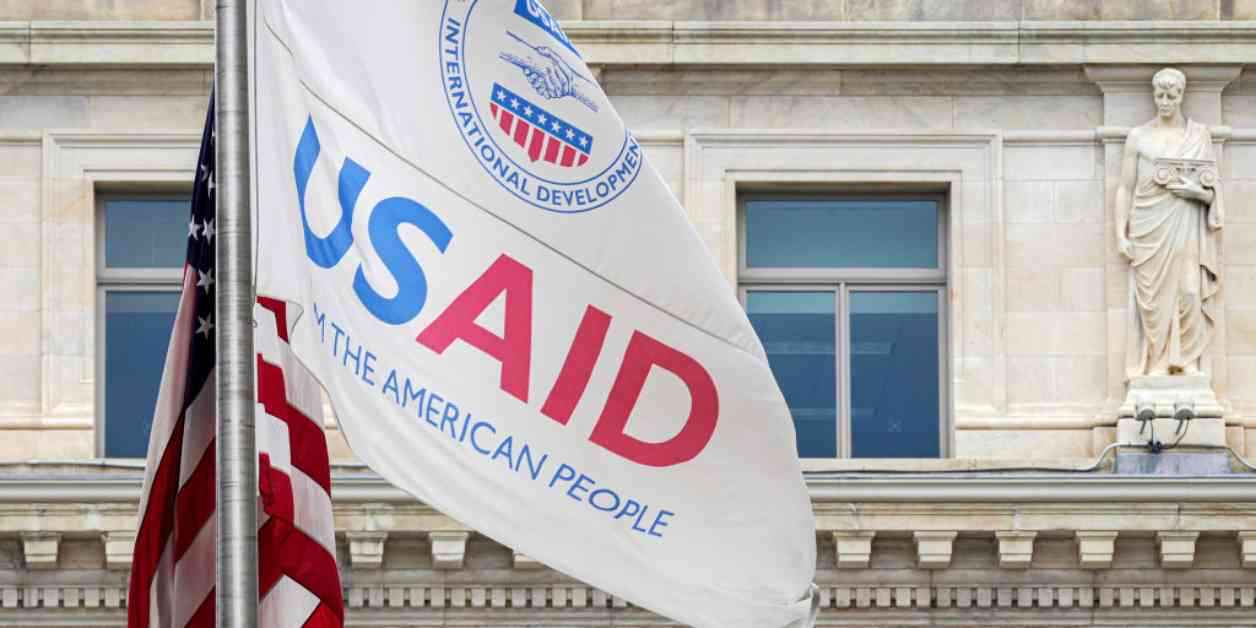U.S. Agency for International Development Faces Legal Battles Amid Trump Administration’s Actions
In a recent turn of events, the U.S. Agency for International Development (USAID) finds itself embroiled in a legal battle as President Donald Trump’s administration takes unprecedented steps to dismantle the federal agency. Reports from multiple sources reveal that USAID employees and contractors are contemplating lawsuits against the administration, citing concerns over the agency’s future and the potential ramifications of recent actions.
The Trump administration’s move to block foreign aid, shutter USAID’s Washington headquarters, and place many employees on administrative leave has sparked a wave of uncertainty within the organization. Nonprofit groups and companies that hold contracts with USAID are facing significant financial losses due to the abrupt changes in operations.
Loss of income resulting from the government’s failure to honor agreements could serve as the basis for legal action, with constitutional claims over presidential authority coming to the forefront. This unprecedented assault on a federally funded agency has raised questions about the legality of Trump’s actions and the extent of his powers in reshaping government entities without congressional approval.
Legal Challenges and Potential Lawsuits
Lawsuits based on loss of income could be used to bring up weighty constitutional claims over presidential power in the face of congressional legislation that set up and funds the agency and its programs. These would be the latest in a stream of lawsuits against Trump’s aggressive and unprecedented use of executive action, with more expected to follow as he seeks to unilaterally re-shape the federal government without the approval of Congress amid claims he lacks the legal authority to do so.
Nonprofit groups and companies that have contracts with the agency could launch claims based on losses caused by the government reneging on its agreements. Some companies that rely on USAID contracts are at risk of imminent bankruptcy if payments are not made, according to a senior official at a USAID contractor.
Expert Insights and Legal Analysis
Legal experts have weighed in on the unfolding situation, highlighting the potential violations of the Administrative Procedure Act and questioning the legal authority of the administration to withhold appropriated funds. Professor Richard Briffault of Columbia Law School emphasized that while the president can coordinate USAID functions with the State Department, abolishing the agency unilaterally would exceed executive authority.
Furthermore, Secretary of State Marco Rubio’s consultation with Congress regarding the reorganization of USAID signals a potential legal misstep by the administration. As the situation continues to evolve, concerns mount over the fate of the agency and its vital humanitarian missions.
In the midst of these legal challenges, the American Foreign Service Association (AFSA) has announced plans to take legal action against the administration’s decision to recall personnel from abroad. With various law firms being consulted for advice, the impending legal battles could have far-reaching implications for the future of USAID and America’s global aid efforts.
As the dust settles on this contentious issue, the fate of USAID hangs in the balance, with legal battles shaping the narrative of its future. The implications of these lawsuits extend beyond mere financial losses, raising fundamental questions about the balance of power in the federal government and the limits of executive authority. In the words of Randy Chester, the Vice President of USAID, “America doesn’t win if USAID closes.” The coming days will reveal the outcome of these legal challenges and the impact they will have on the agency’s operations and humanitarian efforts.


